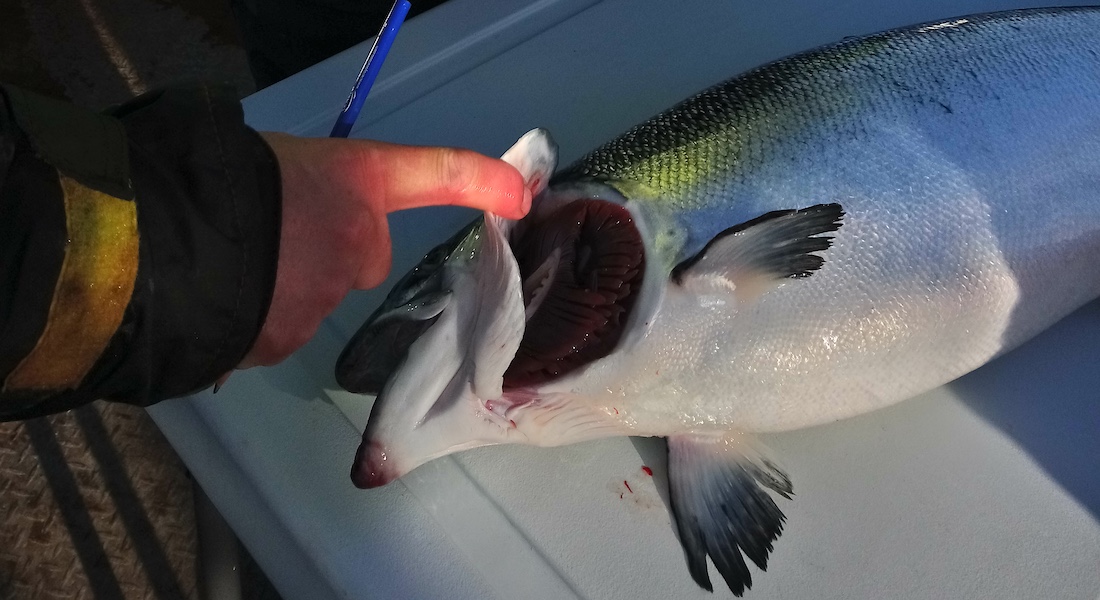Genetics and gill microbes work together to shape salmon disease resistance
A new open-access study reveals that both the genes of Atlantic salmon and the microbes living on their gills play crucial roles in how the fish resist Amoebic Gill Disease - a major health problem in aquaculture caused by an amoeba parasite.

Using a “holo-omic” approach that integrated host genetics and microbiome data, the researchers examined how salmon respond to Amoebic Gill Disease infection under experimental conditions. They discovered that the makeup of the gill microbiome changed dramatically in diseased fish, with two bacterial families, Simkaniaceae and Arcobacteraceae, becoming dominant.
“Differences in microbial diversity were linked to how severely individual fish were affected by the disease, suggesting that the gill microbiota could influence or reflect the fish’s ability to cope with infection.” says Associate Professor Morten Tønsberg Limborg.
Are genes shaping the microbial community?
The study also found that certain genes in the salmon genome appeared to be associated both with disease resistance and with variation in the gill microbiome, hinting that specific salmon genes may shape which microbes thrive on the fish’s surface. These genomic associations point to promising targets for future research and selective-breeding programs towards a more sustainable aquaculture industry.
A more holistic view
Morten Limborg adds that “based on these findings we argue that disease resistance in farmed salmon should be viewed as a shared property of the fish and its microbial partners - what we like to call an extended resistance trait.” This perspective could reshape how aquaculture breeding programs think about improving fish health, shifting from a purely genetic focus to one that also considers the microbial environment.
The results highlight the potential of combining host-genome and microbiome data to better understand and manage complex diseases in aquaculture. As diseases continue to challenge salmon farming worldwide, such holistic insights may prove key to developing more sustainable, resilient production systems.
Read the open access study in Ecology and Evolution.
Contact:
Associate Professor Morten Tønsberg Limborg
